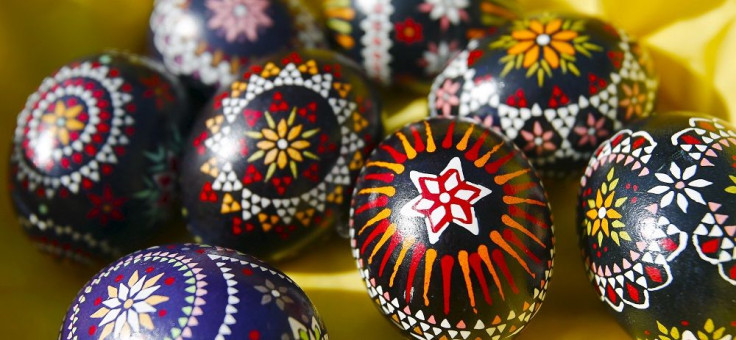88 percent of Aussies will buy chocolate this Easter, survey finds

Australians are being warned about excessive markups as shoppers head to groceries and supermarkets to buy chocolates for Easter 2018. Eighty-eight percent of Australians will buy chocolate this Easter, according to a report.
ME Bank’s survey has found that the 88 percent of Aussies who will purchase chocolate this Easter will spend an average of $62. Families, on the other hand, are going to spend an average of $74, up $4 from 2017. This year, 67 percent of shoppers will opt to purchase smaller quantities of more costly, higher-quality chocolate.
Those wanting to buy chocolates could be paying over four times the price for Easter-branded items compared to block chocolate this year, an analysis has found. Research from comparison site Mozo.com.au indicates that Aussies are paying an average of 155 percent more for Easter treats such as chocolate bunnies, gift boxes and eggs.
Mozo has calculated the mark-ups on 18 Easter treats from well-known chocolate brands, comparing the cost per 100g of the Easter novelty treats with 100g of block chocolate from the same brand.
“The biggest mark-up we found this year is on a Cadbury Peter Rabbit Easter bunny coming in at a whopping 320 percent more per 100g than a large block of Cadbury Dairy Milk chocolate,” News.com.au quotes Mozo director Kirsty Lamont as saying.
Across the board, Easter gift sets had the largest mark-ups. These cost 224 percent more than block chocolate on average. Chocolate bunnies followed with an average markup of 166 percent, while hollow chocolate eggs are at 149 percent.
News.com.au reports that Lindt’s Bunny Tractor set comes in at 214 percent more than a block of Lindt chocolate. Mini eggs deliver the best value despite the smallest average markup of 27 percent.
Lindt’s Assorted Mini Eggs comes in at only 5 percent more than a standard chocolate block. Three of Aldi’s tested Easter chocolates were ranked the best on a scale of taste, sugar content and cost.
Meanwhile, health organisations are warning about sugar content found on Easter treats. An Easter basket likely contains over one month's worth of recommended sugar intake.
The World Health Organization said that the average adult must eat no more than 25 grams of added sugar per day. The Academy of Nutrition and Dietetics spokesperson Kristen Gradney suggests following recommended serving sizes and avoiding candy with visible sugar on the outside, CBS8.com reports.





















